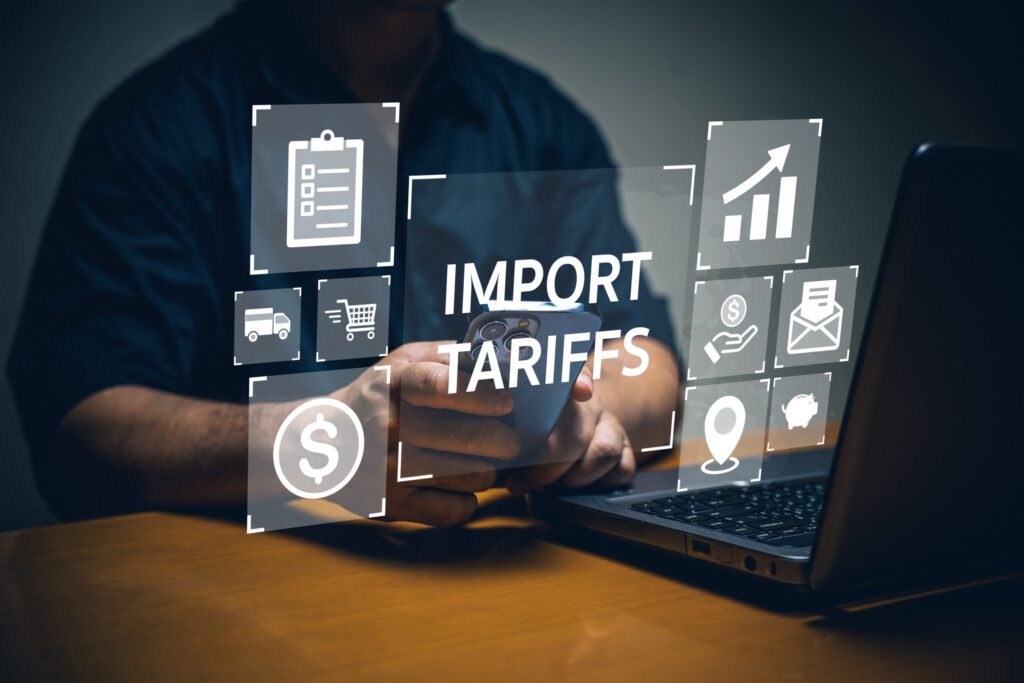Containerized cargo volumes at major U.S. ports are expected to rebound slightly in July before declining again as new tariffs come into play, according to the latest Global Port Tracker report from the National Retail Federation (NRF) and Hackett Associates.
Read also: US Import Tariffs on Containerized Goods Drop to 21%
The report reveals that U.S. ports handled 1.95 million Twenty-Foot Equivalent Units (TEUs) in May—down 11.8% from April and 6.4% lower than May 2024. It marked the first year-over-year decline since September 2023.
“The tariff situation remains highly fluid, and retailers are working hard to bring in goods ahead of the various announced—and delayed—tariffs,” said Jonathan Gold, NRF Vice President for Supply Chain and Customs Policy.
President Trump recently delayed “reciprocal” tariffs until August 1, but simultaneously unveiled new tariffs of up to 40% on imports from more than a dozen countries. While a deal with China has been signed, its impact remains unclear, and further China-focused tariffs are still on the table.
Ben Hackett, founder of Hackett Associates, noted that the recent wave of tariff-related announcements has only added to the uncertainty retailers face. “The global supply chain performs best in a stable and predictable trade environment,” he said.
June import data is still being finalized, but July volumes are forecast to hit 2.36 million TEU, up 2.1% compared to the same month last year. However, sharp declines are expected from August through November, with projections showing a 10.4% drop in August and a steep 21.3% fall in November. The decline is largely attributed to the impact of impending tariffs and the rush to front-load cargo in previous months.
Despite the disruptions, total container imports for the first half of 2025 are expected to reach 12.63 million TEU—a 4.5% increase over last year. Still, this figure falls short of earlier forecasts made before the April tariff announcements.
Retailers now face the dual challenge of navigating trade policy volatility and preparing for the critical holiday season under uncertain conditions.

